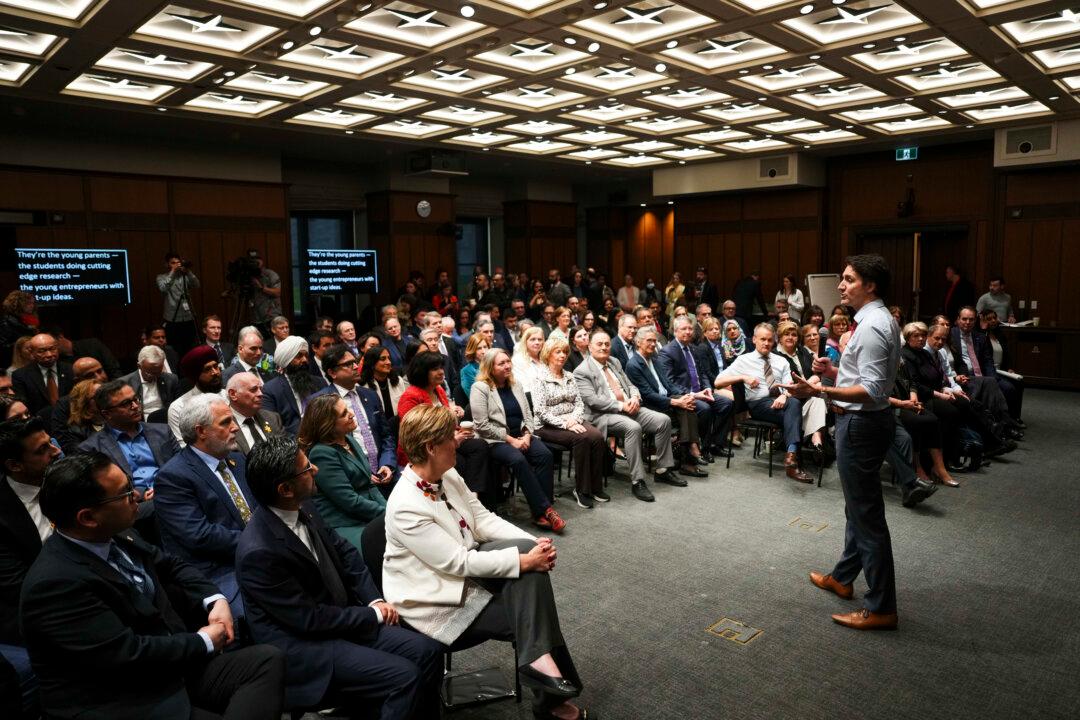Commentary
That disgruntled Liberal members of Parliament lack the ability to remove their leader is entirely their own fault. It is they who decided to deny themselves the ability to do so.

That disgruntled Liberal members of Parliament lack the ability to remove their leader is entirely their own fault. It is they who decided to deny themselves the ability to do so.